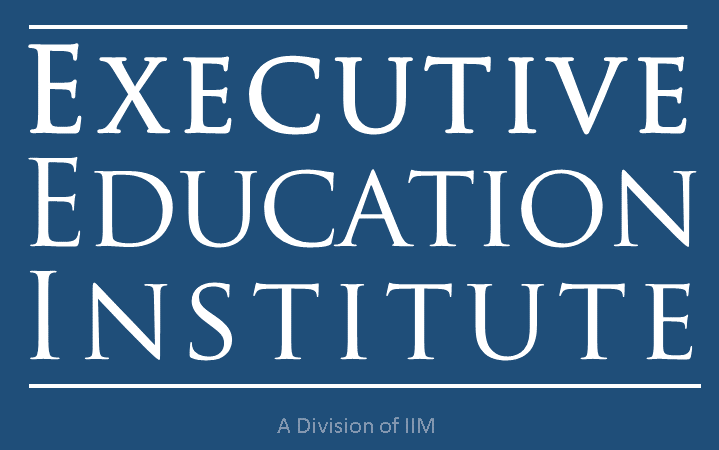CEO Hall of Fame
Most Respected CEOs & CEO Hall of Fame
Alvin Toffler
The
Futurologist (1928 - Present)
- "The advanced economy could not run for thirty seconds without computers." (Alvin Toffler)
Key Work
- Alvin Toffler is an American writer and futurist, known for his works discussing the digital revolution. A former associate editor of Fortune magazine. He is one of the world's leading authorities on socio-techno-economic change. Alvin Toffler's special ability is an understanding of the complex effects of change and the prediction the future. He anticipated the effects of information technology and biotechnology developments on the society and the economy. This ability comes from knowledge of sociology, science and technology. His early work focused on technology and its impact (through effects like information overload). He also worked on analyzing the increasing power of 21st century military hardware, weapons and technology proliferation, and capitalism.
Key Milestones
- Became a consultant for AT&T.
- Published "Future Shock" describing the disorientation in of decision-making that impact individuals, groups, and societies when they are overwhelmed by quantity and speed of changing events.
- Published "The Third Wave" - The information-led human development as a sequence to agricultural and industrial waves.
- Published "Power shift" - Discusses the three basic sources of power: violence, wealth, and knowledge. Toffler talks about the future struggle, as individuals, businesses, and national economies move away from their traditional sources of power towards a new dependence on knowledge. A power shift does not merely transfer power, but also transforms it.
- Published "War and Anti-War". - It talks about warfare and how it is changing in parallel to business changes, mainly driven by advances in information technology. He also talks about the inadequacy of traditional military force in preventing terrorist action.
In his book The Third Wave Toffler describes three types of societies, based on the concept of 'waves' - each wave pushes the older societies and cultures aside.
- First Wave is the society after agrarian revolution and replaced the first hunter-gatherer cultures.
- Second Wave is the society during the Industrial Revolution (ca. late 1600s through the mid-1900s). The main components of the Second Wave society are nuclear family, factory-type education system and the corporation. Toffler writes: "The Second Wave Society is industrial and based on mass production, mass distribution, mass consumption, mass education, mass media, mass recreation, mass entertainment, and weapons of mass destruction. You combine those things with standardization, centralization, concentration, and synchronization, and you wind up with a style of organization we call bureaucracy."
- Third Wave is the post-industrial society. Toffler would also add that since late 1950s most countries are moving away from a Second Wave Society into what he would call a Third Wave Society. He coined lots of words to describe it and mentions names invented by him (super-industrial society) and other people (like the Information Age, Space Age, Electronic Era, Global Village, technetronic age, scientific-technological revolution), which to various degrees predicted demassification, diversity, knowledge-based production, and the acceleration of change (one of Toffler’s key maxims is "change is non-linear and can go backwards, forwards and sideways").
Books & References:
- Future Shock. Alvin Toffler, New York: Random House, 1970.
- The Third Wave, New York: Bantam, 1980.
- Powershift: Knowledge, Wealth, and Power at the Edge of the 21st Century. Alvin Toffler, New York: Bantam Books, 1990.
- Alvin Toffler,, and Heidi Toffler. War and Anti-War: Making Sense of Today's Global Chaos. New York: Little, Brown & Company, 1993.
- The Eco-Spasm Report(1975), Alvin Toffler, Bantam Books
- PREVIEWS AND PREMISES, Alvin Toffler, (1983)
- Revolutionary Wealth: How it will be created and how it will change our lives, Alvin Toffler, (2006) Knopf
Executive Education and Management Training
- The institute researches, develops, and disseminates best management practices and learned-lessons from leading CEOs and CEO Hall of Fame. For advanced executive education and management training courses, please visit the Executive Education Courses.

